red maple/beech mulch and blueberries: why not?
windfall_rob
12 years ago
Related Stories
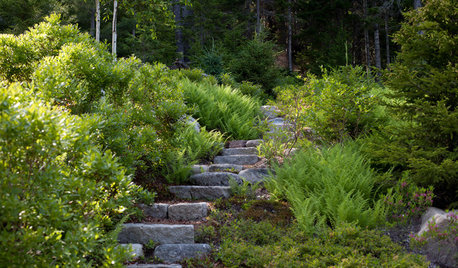
GARDENING GUIDESGreat Design Plant: Grow Blueberries for Their Fruit and More
Eastern gardeners should consider growing blueberry plants for their delicious fruits, bee-friendly spring blooms and brilliant fall foliage
Full Story
GARDENING GUIDESNew Ways to Think About All That Mulch in the Garden
Before you go making a mountain out of a mulch hill, learn the facts about what your plants and soil really want
Full Story
GARDENING GUIDESGarden Myths to Debunk as You Dig This Fall and Rest Over Winter
Termites hate wood mulch, don’t amend soil for trees, avoid gravel in planters — and more nuggets of garden wisdom
Full Story
EDIBLE GARDENSSummer Crops: How to Grow Tomatoes
Plant tomato seedlings in spring for one of the best tastes of summer, fresh from your backyard
Full Story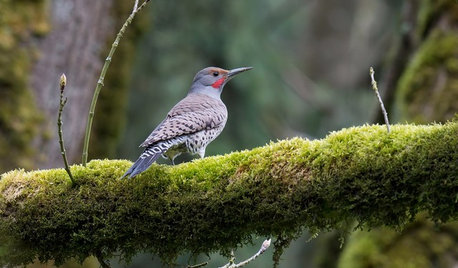
GARDENING GUIDESBackyard Birds: Healthy Home Habitats for Northern Flickers
These colorful woodpeckers found across the U.S. and Canada love berries, seeds and ants and often nest in deep burrows in trees
Full Story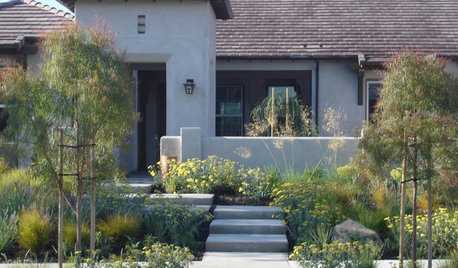
LANDSCAPE DESIGNGet Along With Less Lawn — Ideas to Save Water and Effort
Ditch the mower and lower your water bill while creating a feast for the eyes with diverse plantings and gathering places
Full Story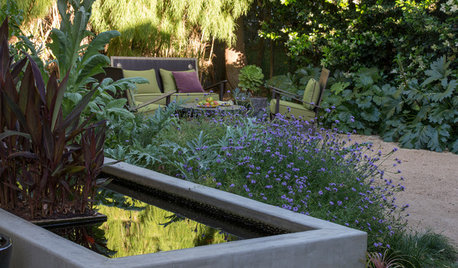
SAVING WATERHouzz Call: Are You Letting Go of Your Lawn?
Many facing a drought are swapping turf for less thirsty plantings. If you’re one of them, we’d like to hear about it
Full Story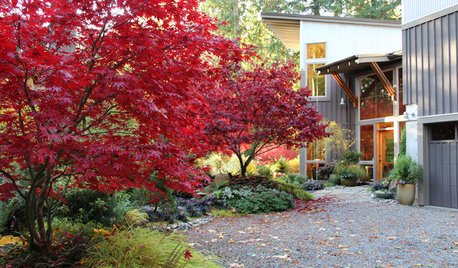
FALL GARDENINGHouzz Call: Show Us Your Fall Color!
Post pictures of your fall landscape — plants, leaves, wildlife — in the Comments section. Your photo could appear in an upcoming article
Full Story
GARDENING AND LANDSCAPINGShow Us Your Garden Retreat
Where do you go to get away from it all and unwind in your yard?
Full Story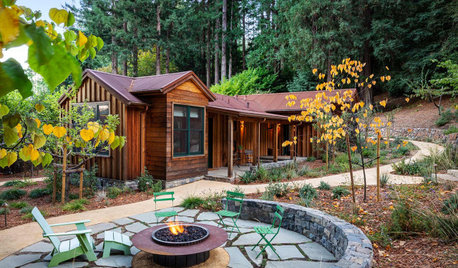
FALL GARDENING7 Reasons Not to Clean Up Your Fall Garden
Before you pluck and rake, consider wildlife, the health of your plants and your own right to relax
Full StoryMore Discussions






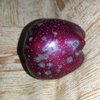
Noogy
alan haigh
Related Professionals
Derry Landscape Architects & Landscape Designers · La Marque Landscape Architects & Landscape Designers · Marina Landscape Architects & Landscape Designers · Piqua Landscape Architects & Landscape Designers · Medford Landscape Contractors · Azalea Park Landscape Contractors · Boca Raton Landscape Contractors · Burien Landscape Contractors · Coeur d'Alene Landscape Contractors · Edwardsville Landscape Contractors · Kahului Landscape Contractors · Mequon Landscape Contractors · Ramsey Landscape Contractors · Vancouver Landscape Contractors · Forest Hill Landscape Contractorswindfall_robOriginal Author
BlueFalkon
ron48
jolj
ken_adrian Adrian MI cold Z5
jolj